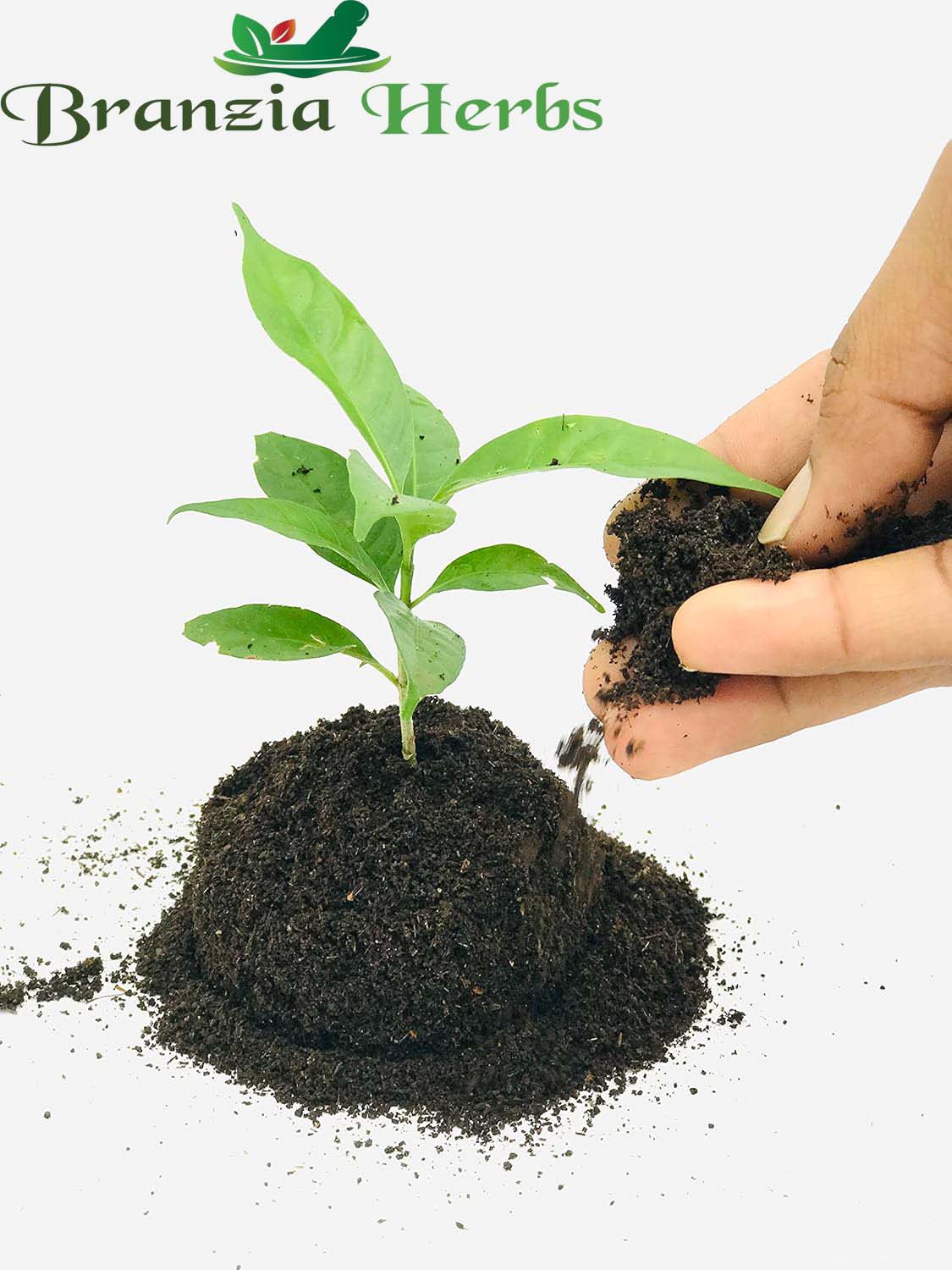Description:
-
Appearance: Wormwood is a perennial herb with silvery-green, finely divided leaves and small, yellow-green flowers. The plant can grow up to 1.2 meters (4 feet) tall.
-
Flavor: It has a strong, bitter taste, which is a key characteristic of the herb.
Uses:
-
Traditional Medicine: Afsanteen is used in traditional medicine for its potential digestive, anti-inflammatory, and antimicrobial properties. It has been used to treat digestive disorders, such as bloating and indigestion, and to stimulate appetite.
-
Culinary: It is used sparingly in certain culinary applications due to its strong bitterness. It is also a key ingredient in absinthe, a traditional spirit.
Benefits:
-
Digestive Health: Afsanteen is known to stimulate digestive secretions and improve digestion.
-
Anti-Inflammatory: It may help reduce inflammation in the body.
-
Antimicrobial: The herb has antimicrobial properties, which may help combat infections.
Preparation:
-
In Medicine: The leaves and stems are often dried and used in teas, tinctures, or capsules. It can also be used as an extract in various herbal formulations.
-
In Culinary Uses: Due to its bitterness, it is used in very small amounts or as part of complex recipes.
Storage:
-
Dried Herb: Store in an airtight container in a cool, dry place away from light to preserve its potency.
-
Extracts: Follow specific storage instructions for tinctures or extracts, usually keeping them in a cool, dark place.
Note:
Wormwood should be used with caution, especially in large amounts, as it can be toxic. It’s important to consult with a healthcare provider before using Afsanteen or any herbal remedy, particularly if you have existing health conditions or are pregnant or breastfeeding.







